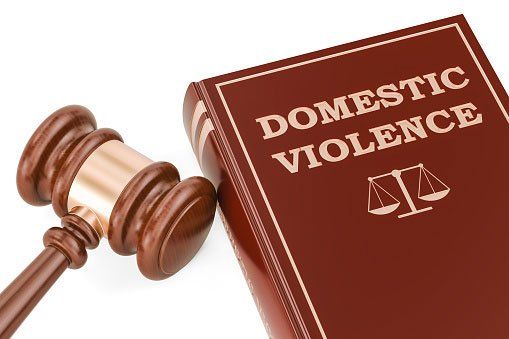Domestic Violence
Call (863) 385-1565 to Schedule a Consultation

Domestic violence may be charged as an assault, which is a second degree misdemeanor, or aggravated assault, which is a third degree felony. Battery may be charged as a first degree misdemeanor or as a third degree felony.
If you have been charged with domestic violence in Florida, it is important that you hire an experience criminal defense attorney as soon as possible to protect your rights. Call our office for a free consultation.
Penalties and Sentences
Florida domestic violence laws specifically include a minimum punishment of five days served in county jail. The court can also sentence a convicted offender to a period of imprisonment in Florida state prison. Alternatively, state laws permit the court to decide on a sentence of probation or community service.
Additionally, a state prosecutor can charge a perpetrator of domestic violence with other criminal offenses established by Florida law. For example, a domestic violence incident may result in charges of assault and battery. Domestic violence may be charged as an assault, which is a second degree misdemeanor, or aggravated assault, which is a third degree felony. Battery may be charged as a first degree misdemeanor or as a third degree felony. Misdemeanor sentences range from a maximum of sixty days to one year, while a third degree felony conviction may result in a sentence of imprisonment for a term lasting up to five years. A domestic violence incident charged as a second degree felony can lead to a sentence of imprisonment for up to fifteen years.
If a victim of domestic violence had an injunction or restraining order in place against the defendant, the state may prosecute a violation of the order as a first degree misdemeanor. A conviction for a first degree misdemeanor may result in a sentence of imprisonment for up to one year.
Many states have enacted criminal law and family law statutes related to the prevention and prosecution of domestic violence incidents. In Florida, the state offers legal options through both the criminal and civil court systems. For example, state residents can request injunctions, also known as restraining orders, through the Florida family courts.
CONTACT AN ATTORNEY
If you have been arrested for any of the charges mentioned above, you may have defenses available to contest the charge or to minimize potential penalties. Contact The Law Office of William B. Fletcher, P.A. today for a free consultation.
Fill out the form for Appointment
Address
William B. Fletcher,
Attorney at Law, P.A.
559 S Commerce Ave
Sebring, FL 33870
Phone
(863) 385-1565
Email: wbfletcher@embarqmail.com
Business Hours
Mon - Fri:
08:00 AM - 05:00 PM
Sat - Sun:
Closed
In Business Since 1978
Payment Options
YP Reviews
Be the first to review us
Your feedback is important!















